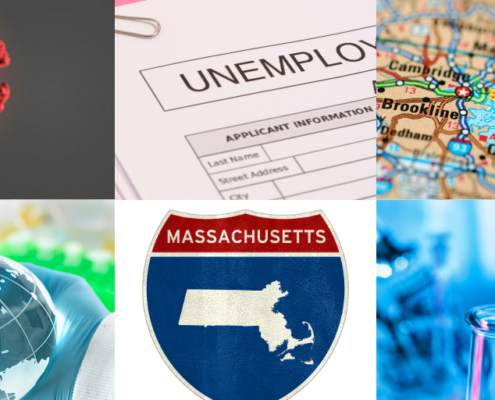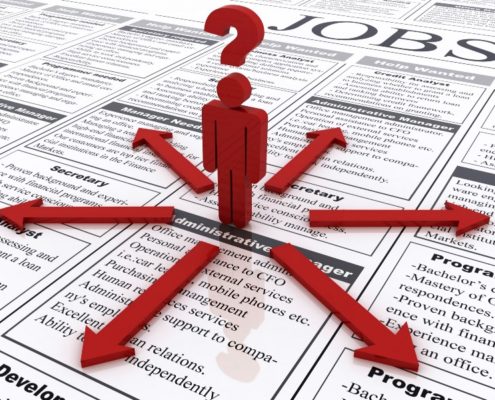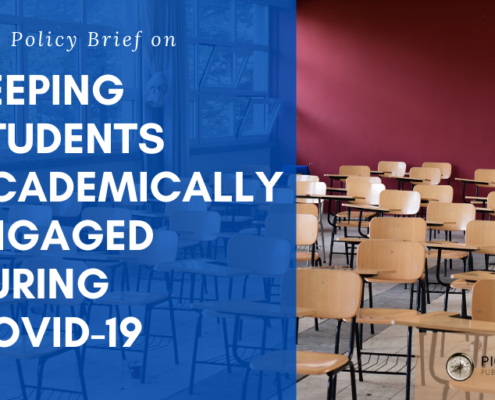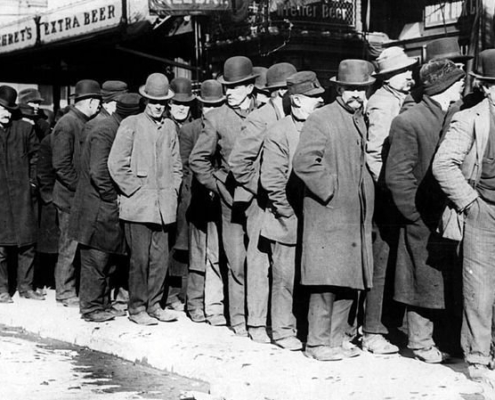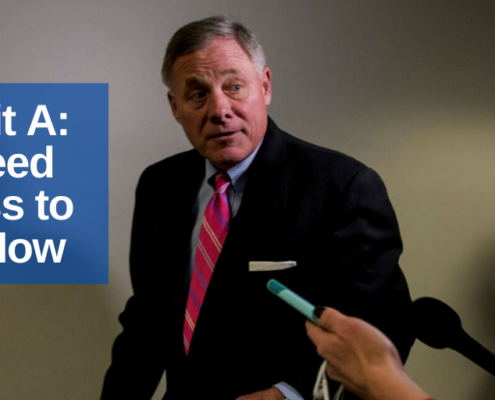Survey Suggests Demand for Telecommuting After COVID-19 Crisis
BOSTON – Citing an avoidance of the commute and more flexible scheduling, nearly 63 percent of respondents to Pioneer Institute’s survey, “Will You Commute To Work When The COVID-19 Crisis Is Over?” expressed a preference to work from home one day a week, and a plurality preferred two to three days a week, even after a COVID-19 vaccine is available. Respondents cite social isolation as the biggest drawback of remote work.
The survey was conducted from April 22nd to May 15th, and received responses from over 700 individuals. Pioneer is releasing a policy brief containing analysis of the survey data, entitled “Telecommuting Survey Reveals Potential for Greater Shift Towards Remote Work After COVID-19 Pandemic.”
“The survey results suggest that the pandemic may lead to significant shifts in attitudes toward commuting, with potentially large impacts on the demand for commercial real estate in major job centers, internet connectivity, and transit and transportation planning and budgeting,” said Andrew Mikula, who authored the analysis.
Fourteen percent of the survey’s respondents worked from home before the COVID-19 crisis. Respondents generally report being more productive when telecommuting. An additional 70 percent of the workforce has begun working from home in the wake of the pandemic.
Among respondents surveyed before April 25th, 20 percent said they got more work done at home, while 27 percent said they got less done. Among respondents surveyed after May 8th, 41 percent said they got more done and 13 percent said they got less done.
The effectiveness and appeal of working from home may have far-reaching consequences. While most respondents do not want to work from home all of the time, a plurality wished to work remotely 2-3 days a week. Even a single day a week of remote work for the average employee would alter revenue models for commuter services and public agencies, including state programs that rely on toll revenue.
“The MBTA and state agencies have existing relationships with riders and commuters, and they must act now to engage their customers in order to determine changes in demand resulting from the pandemic,” said Pioneer Institute Executive Director Jim Stergios. “The survey suggests that people’s attitudes are evolving quickly and in a way that is distinct from past routines. The result may be a seismic shift in ridership patterns and even a significant change in how and where employers seek talent.”
In the short term, the survey indicates that respondents are largely willing to return to their places of business upon request, even before a COVID-19 vaccine is available.
The long-term impact of the COVID-19 pandemic will likely depend on three factors: employer policies that seek to expand or rein in remote work, public policies, and employee sentiment.
“Pioneer will conduct additional surveys in the coming months to gauge the changing sentiments of employees and employers on the topic of telecommuting,” said Stergios.
About the Author
Andrew Mikula is the Lovett & Ruth Peters Economic Opportunity Fellow at Pioneer Institute. Mr. Mikula was previously a Roger Perry Government Transparency Intern at Pioneer Institute and studied economics at Bates College.
About Pioneer
Mission
Pioneer Institute develops and communicates dynamic ideas that advance prosperity and a vibrant civic life in Massachusetts and beyond.
Vision
Success for Pioneer is when the citizens of our state and nation prosper and our society thrives because we enjoy world-class options in education, healthcare, transportation and economic opportunity, and when our government is limited, accountable and transparent.
Values
Pioneer believes that America is at its best when our citizenry is well-educated, committed to liberty, personal responsibility, and free enterprise, and both willing and able to test their beliefs based on facts and the free exchange of ideas.
Get Our COVID-19 News, Tips & Resources!
Related Posts:


